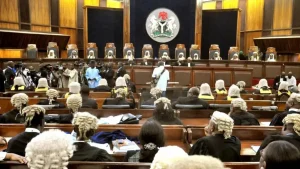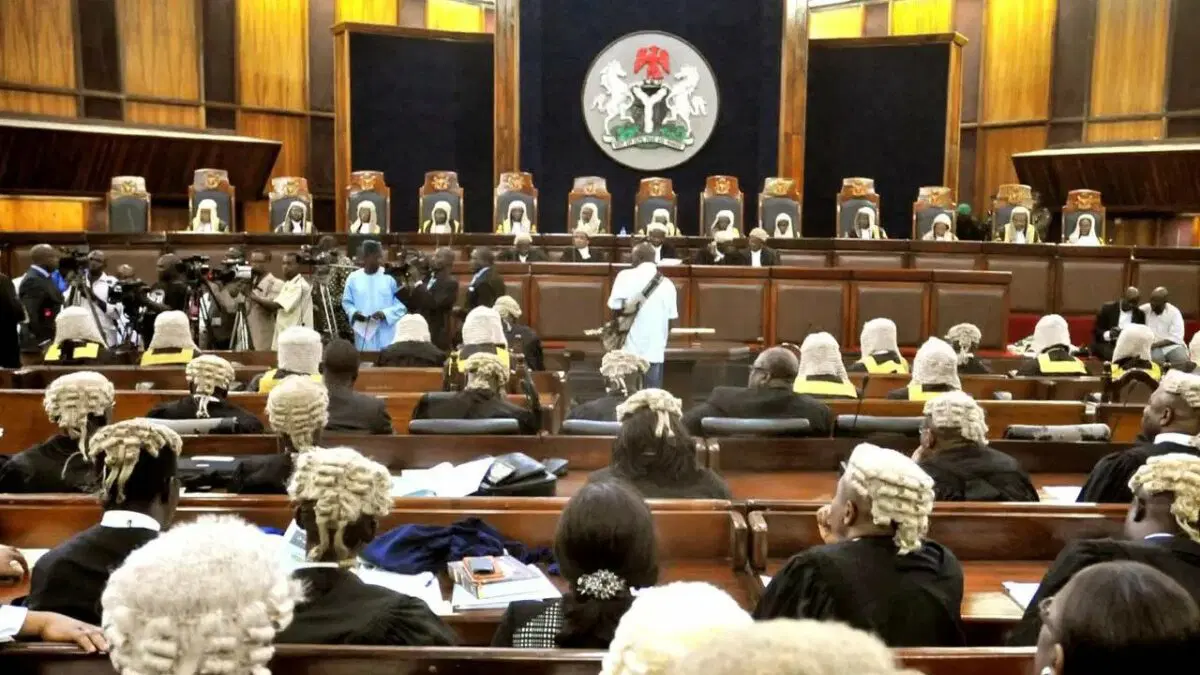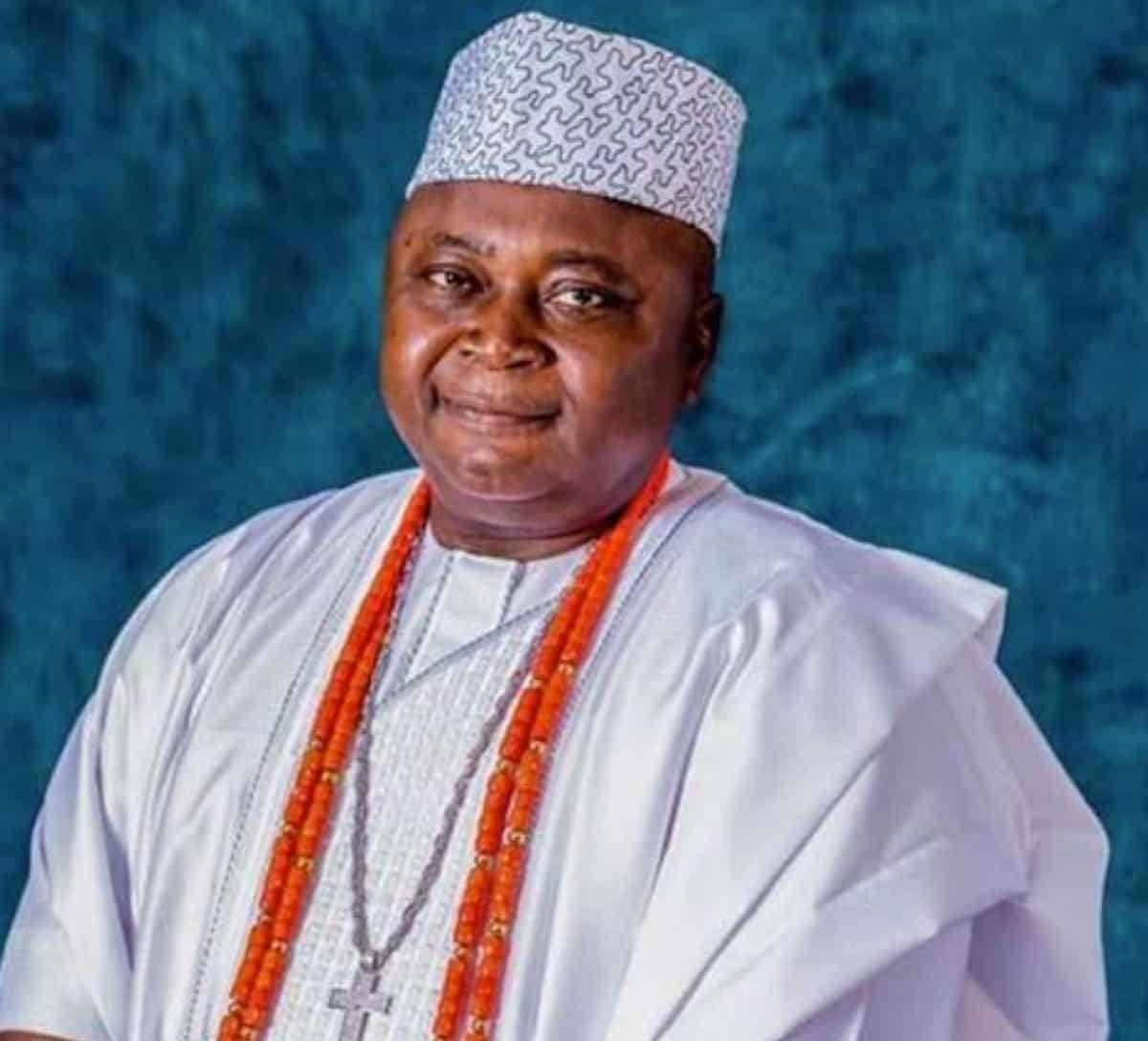The Supreme Court of Nigeria has scheduled October 22 for the hearing of a suit filed by at least 16 state governments challenging the constitutionality of the laws establishing the Economic and Financial Crimes Commission (EFCC) and two other federal institutions. The case was initially brought by the Kogi State Government, with several other states subsequently joining as co-plaintiffs.
The states involved include Ondo, Edo, Oyo, Ogun, Nasarawa, Kebbi, Katsina, Sokoto, Jigawa, Enugu, Benue, Anambra, Plateau, Cross River, and Niger. They argue that the EFCC Act, established in 2004, was not properly ratified by a majority of state Houses of Assembly, as required under Section 12 of the 1999 Constitution when incorporating international conventions into Nigerian law. The EFCC Act is based on a UN Convention against corruption, and the plaintiffs contend that the federal government did not follow the proper constitutional procedure to apply the law to the states.
The plaintiffs assert that because of this procedural failure, the EFCC and other such institutions formed under the Act should be considered unconstitutional and cannot be applied to states that never approved it. This position was referenced in the Supreme Court ruling in *Dr. Joseph Nwobike Vs Federal Republic of Nigeria*, which the plaintiffs believe supports their case.
The Kogi State Attorney General, represented by counsel Abdulwahab Mohammed, SAN, led the original suit (SC/CV/178/2023) against the Attorney General of the Federation (AGF). The suit seeks a declaration that federal agencies, including the EFCC and the Nigerian Financial Intelligence Unit (NFIU), lack the authority to direct, investigate, or manage state funds without state consent. The plaintiffs aim to have the court declare any federal action in this area as unconstitutional, maintaining that states must control their own finances without interference.
The Supreme Court has consolidated the states’ requests and will proceed with the hearing on October 22.






